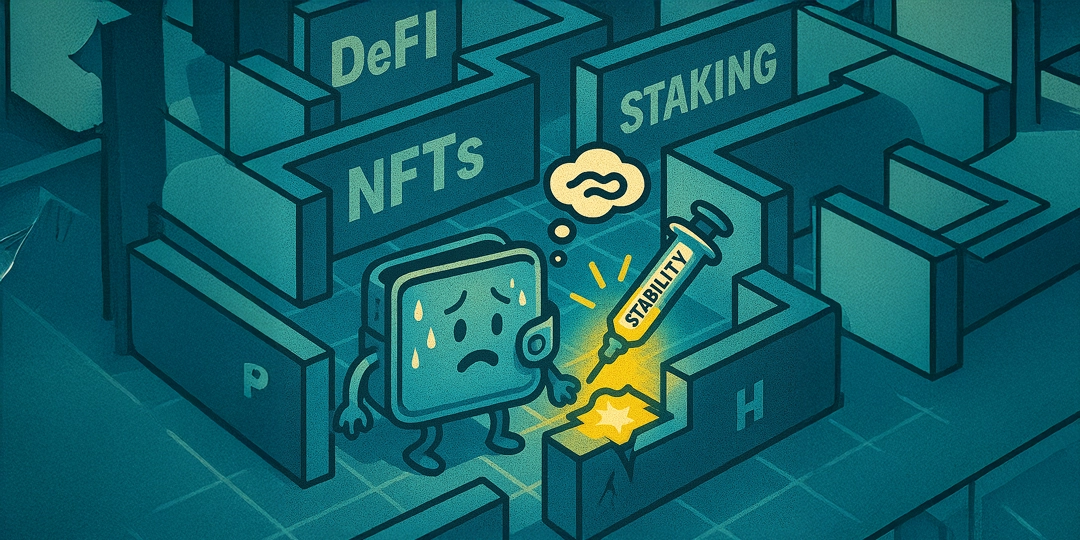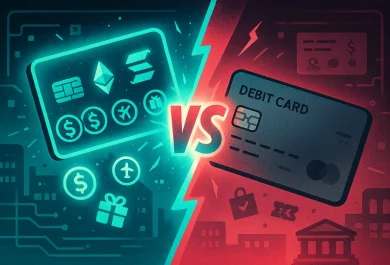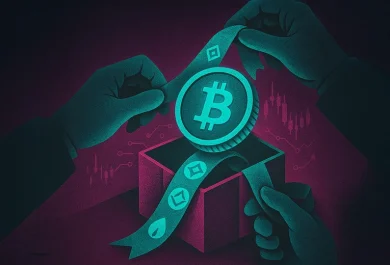The siren song of a hot new presale token is powerful. Visions of exponential gains dance in our heads. But lurking beneath the hype and slick websites are predators: rug pull artists ready to vanish with your funds. How to vet presale tokens for rug-pull risk starts with slowing down the hype cycle and running a forensic checklist before you click “buy.” Here is a step-by-step playbook you can bookmark and share with friends asking the same question: How to vet presale tokens for rug-pull risk.
The contract autopsy: Your first line of defense
Forget the flashy promises; vetting presale tokens for rug-pull risk starts with a deep dive into the smart contract. Here’s your checklist:
Source code visibility
Is the contract verified and publicly viewable on Etherscan, BscScan, or the relevant chain explorer? Unverified code is an instant red flag; it’s like buying a car with the hood welded shut.
Renounced ownership?
Check if the deployer has renounced ownership. This means no one can alter the contract later, a crucial safeguard. If ownership isn’t renounced, proceed with extreme caution.
Liquidity locked & burned
Are the LP tokens (the funds providing initial trading liquidity) locked? Use a trusted locker like Unicrypt or Team.Finance (check their current offerings), and verify the lock duration (months or years, not days!). “Burned” liquidity (sent to a dead address) is even better, making it permanently inaccessible.
Mint functions & blacklists
Scour the code for hidden mint functions allowing unlimited token creation or blacklist functions that could prevent you from selling. Tools like Token Sniffer (check for updated alternatives) offer automated vulnerability scans, but manual review is king.
Beyond the code: Investigating the humans & hustle
Code alone doesn’t tell the whole story. Learning how to vet presale tokens for rug-pull risk demands detective work:
Team transparency (or lack thereof)
Anonymous teams are high-risk. Doxxed founders with verifiable LinkedIn profiles and past project histories are preferable. Cross-check claims. A quick Google search can reveal past scams.
Tokenomics tells
Excessive allocations to the team or “marketing” wallets with no vesting schedule? Run. Look for reasonable distributions, clear vesting periods (prevents immediate massive dumps), and sustainable tax structures (if any).
Community & communication
Is the Telegram/Discord full of bots and moon emojis or genuine discussion? Are moderators and devs responsive to technical questions? Beware of hype overload and pressure tactics (“FOMO now!”).
Your digital magnifying glass: DEXtools & Bubblemaps
This is where powerful on-chain tools become your allies in understanding how to vet presale tokens for rug-pull risk:
DEXTools (dextools.io)
Post-launch, this is essential. Monitor the “Holders” tab. Does one wallet hold a massive, suspicious chunk? Check the “Pair Explorer” for liquidity depth; thin liquidity is easily manipulated. Watch for sudden, large sell orders hitting the books. The “DEX Trades” feed shows real-time activity—be wary of wash trading.
Bubblemaps (bubblemaps.io)
This visual tool is genius for spotting concentration risk. It maps token holdings, clearly showing if a few wallets (often the devs) control a dangerous percentage of the supply. Giant, early bubbles are a massive red flag for a potential rug pull.
Vigilance is the price of admission
The harsh truth? No presale is 100% safe. How to vet presale tokens for rug-pull risk is about stacking the odds in your favor through rigorous checks. Scrutinize the contract relentlessly. Demand team accountability. Understand the tokenomics deeply. Leverage DEXTools and Bubblemaps religiously after launch. And never, ever invest more than you can afford to lose.
Presales remain the wild frontier of crypto. The rewards can be immense, but the risks are brutal. By applying these veteran tactics, you transform from potential prey into a savvy, informed participant. Stay sharp, verify everything twice, and may your trades be rug-free. Now go forth and vet!










